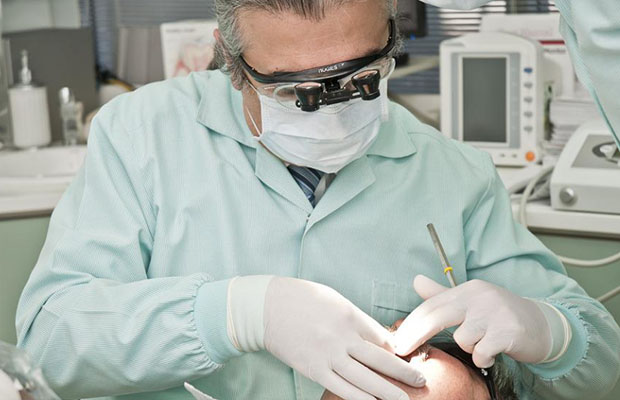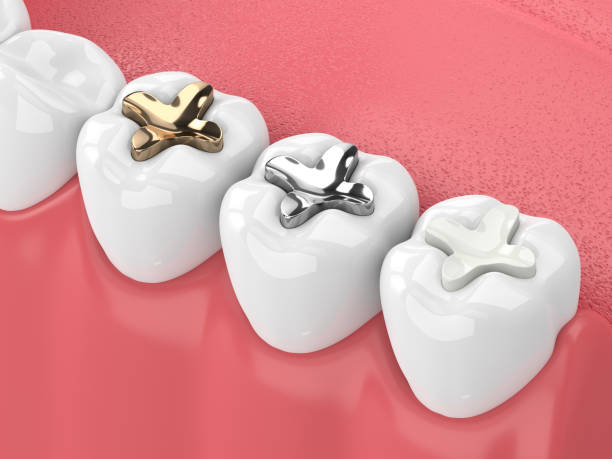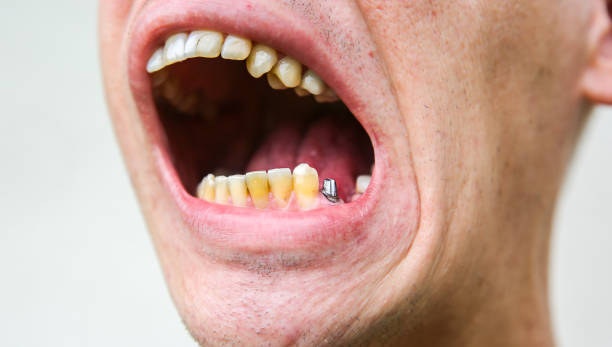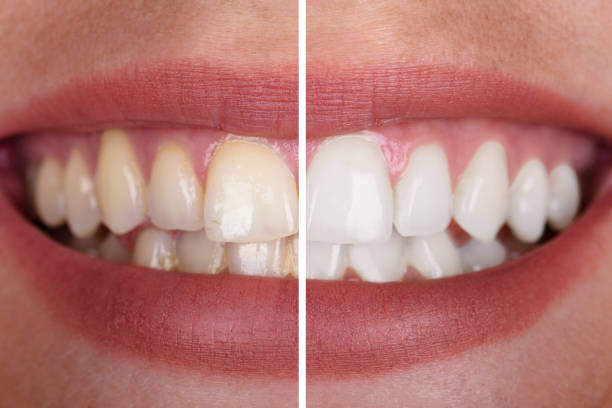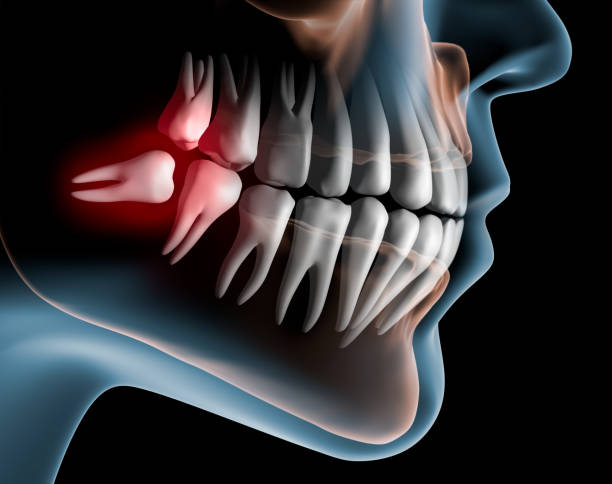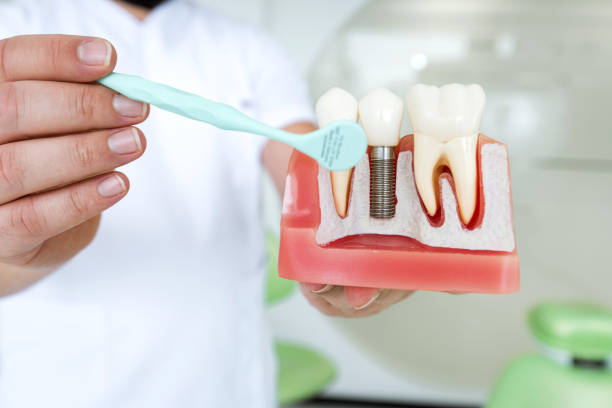The wisdom teeth of so many people have been partially or completely removed. Usually, we’ve had them taken out because our dentist told us to. It’s possible that they landed twisted or put unnecessary pressure on your jaw or nearby teeth. Your dentist likely repeatedly warned you that your wisdom teeth wouldn’t fit if you had yours removed. Although that was accurate, getting your wisdom teeth out has a lot of other advantages.
Table of Contents
What Are Wisdom Teeth?
Most people grow their third set of molars between the ages of 17 and 25, which, if they erupt straight and healthy, can be a useful asset. But occasionally, these teeth become impacted or misaligned and need to be extracted.
By removing problematic wisdom teeth, we can help you avoid future dental health problems.
What Problems Can Wisdom Teeth Cause?
Wisdom teeth may become impacted, and crowded, or they may not fully erupt if they erupt in the incorrect positions or if there isn’t enough room for them in your jaw. Since they cannot be cleaned when they are below the gum line, this can have an adverse effect on oral health. If they are crowded, it is challenging to reach them with a toothbrush and to properly floss.
They can also cause:
• Infection (which leads to pain)
• Difficulty chewing, biting, or opening your mouth
• Bad breath
• Swelling in your jaw or face (potentially due to infection)
Benefits of Wisdom Teeth Removal
Less Crowding Means Fewer Orthodontic Problems
Your teeth may become overcrowded as wisdom teeth develop and erupt, which could harm nearby molars. When there isn’t enough room for them, wisdom teeth can eventually cause alignment issues as other teeth are pushed out of the way. The likelihood that you will need braces or other expensive forms of orthodontic treatment to correct teeth misalignment is therefore decreased if you have your wisdom teeth extracted. Having your wisdom teeth removed if you’ve already worn braces lessens the likelihood that your well-deserved smile will be compromised.
Prevent Damage to Nearby Teeth
Wisdom teeth put pressure on neighboring teeth, which can weaken or even destroy the roots of those teeth or grind down the enamel, leaving those teeth vulnerable to cavities and bone loss. Additionally, cleaning wisdom teeth is challenging due to their difficulty in being reached. Affected wisdom teeth are those that have fully and painfully erupted. It can be nearly impossible to keep these clean.
Decrease the Possibility of Oral Disease & Inflammation
If you keep the affected wisdom teeth for a long time, you risk developing dental cavities and gum disease. Gum inflammation, which can be persistent and very challenging to treat, is a common consequence of impacted wisdom teeth. A dangerous disease called sepsis can develop from infections that get under your gums and affect the rest of your body by affecting your nerves or entering your bloodstream.
Alleviated Orofacial Pain
The additional benefit of pain relief from wisdom tooth removal is in addition to its benefits in preventing disease and cavities. The removal of those pesky third molars opens the door to pressure relief, gum sensitivity reduction, and tooth sensitivity easing. Chronic headaches are brought on by wisdom tooth pressure. As a result, your teeth will be in better shape and you won’t have as many restrictions on what you can eat and drink.
Prevent Cysts, Tumors, & Jaw Disorder
Wisdom teeth that are infected provide a breeding ground for bacteria, which in turn produce cysts or tumors that deteriorate the jawbone and cause excruciating joint pain. which will later necessitate TMJ treatment.

What Does Wisdom Teeth Removal Involve?
Anesthetic
First, the tooth and surrounding area will be made completely painless with a local anesthetic. Your dentist or surgeon may administer a sedative to help you relax during the procedure if you are particularly anxious about it. This is typically done through an injection into the arm. Only in situations where the procedure is carried out in a hospital is a general anesthetic used.
Extracting the Tooth
A tiny cut or incision will be made if the tooth is still under the gum, and it might also be necessary to remove a small piece of the tooth’s crown bone. For easier removal through the opening, your dentist or surgeon may cut the tooth into smaller pieces.
It will be less necessary to make an incision if the tooth has broken through the gum. You may experience some pressure right before the tooth is removed as the dentist or surgeon rocks the tooth back and forth to widen the socket.
You shouldn’t experience any pain as your wisdom teeth are actually removed because the anesthetic will have numbed the area. Tell the dentist or surgeon if this hurts so they can administer more anesthesia if necessary.
Simple wisdom tooth removal procedures can last up to 20 minutes, while more complicated ones take longer.
The Bottom Line
You should give the procedure serious thought if your dentist has advised wisdom tooth extraction. You can save time, pain, and even money if you can anticipate and prevent all of these issues.

